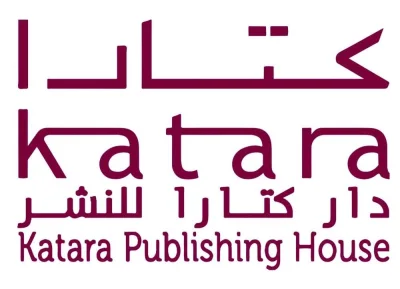Qatar National Library (QNL)has called for nominations for its inaugural Open Initiative Award 2020.
The new award will be given to the best initiative to have contributed to the advancement of open scholarship in Qatar each year.
Open scholarship is the practice of sharing knowledge openly and making research outcomes visible and accessible to all. The movement includes open access to research papers, open data, open education resources, open licences, and other applications of openness in scholarly and research environments.
The winner of the award will be invited to deliver a presentation during Open Access Week, a global event now entering its tenth year and runs from October 19-25 this year. The week offers the chance for the academic and research community to continue to learn about the potential benefits of Open Access, to share what they’ve learned with colleagues, and to help inspire wider participation in helping to make Open Access a new norm in scholarship and research.
The deadline for submissions for the award is October 7. Applications for the award can be made directly on QNL’s website at https://registration.qnl.qa/open-initiative-award/form#no-back.
QNL has funded nearly 1,000 open access articles since 2017 and is a leading centre in open access in the Gulf and the Middle East and North Africa (Mena) region. More information, is available on https://www.qnl.qa/en/open-access-initiative-award.
To be eligible for the awards, candidates must be an individual or an institution that has contributed to open scholarship in Qatar; have produced or started the work or took activities under consideration recently from January 1, 2019 onwards; have provided documentation of work or activities under consideration; have submitted the application form through QNL’s website by September 30, in Arabic or English and (non-mandatory) have the support of at least one peer for their nomination.
Examples of open scholarship are: openness in sharing research outputs (articles, research data, etc.); openness in sharing data; use and application of open data; open access publishing; developing and implementing open standards and policies; use of Creative Commons licences; support for open infrastructures; open scholarship advocacy ; open access advocacy; use or creation of open-source software for education or research; the production and use of open educational resources in teaching practice and involvement in open government initiatives.



